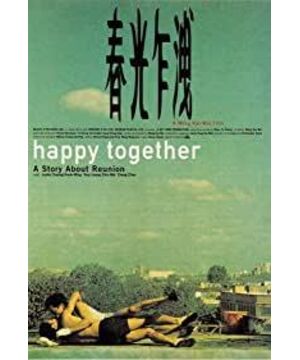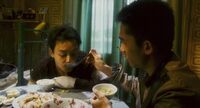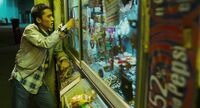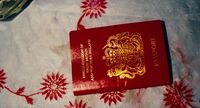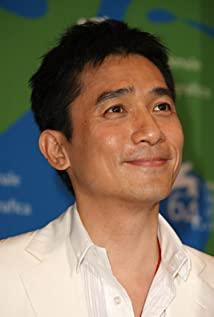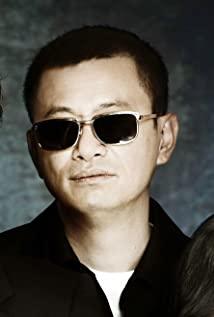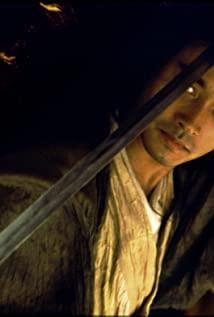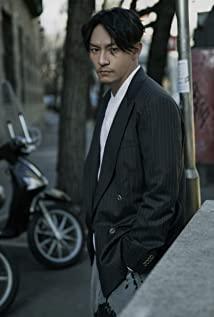After watching the film on the big screen at the Beijing Film Festival, I carefully sorted out my feelings for Wong Kar-wai's films, and found that according to the chronology of the film creation of the sunglasses, the film was the last one that I could fall in love with wholeheartedly. The Wong Kar Wai movies. Although I have always advertised myself as a fan of Wong Kar-Wai's brain, I have to admit that it may be Wong Kar-Wai's last masterpiece in the true sense. This is not to be understood from the formalism of the Western critics, their favorite Wong Kar-wai exists in the Mood for Love. In the Mood for Love is not Wong Kar Wai's best movie in my opinion, and Wong Kar Wai's best movie in my opinion will always come from Hong Kong today.
If I remember correctly, the scenes of Hong Kong's street scenes that are upside-down in Chunguang Xie should be the last time Hong Kong's urban landscape appeared in Wong Kar-wai's films. Wong Kar-wai's eternal source of inspiration: Hong Kong, which is no longer directly used as an image in his films in its current form. "In the Mood for Love", "The Grand Master" and even "2046" all carry a strong nostalgic atmosphere, nostalgic for that lost Hong Kong.
In my opinion, Wong Kar-wai's most important characteristic is the image poet of urban space. He found romance and poetry in the modern urban space of high-rise buildings with reinforced concrete. Sunglasses have always emphasized Liu Yichang's inspiration to him. Liu Yichang's inspiration for sunglasses is not the theme of love, but a very important point is that in the urban space with many high-rise buildings in "Falling Down", this wonderful relationship between the hero and heroine who did not know each other was inadvertently estranged. . The modern city no longer constitutes a kind of depression and anxiety, or the so-called alienation caused by the atomization of individuals in modern society, but gives the possibility of a poetic ideal of romantic love. The urban space has become a place where passion and romance take place in Wong Kar Wai and Liu Yichang. This is why even if Wong Kar-wai's creations go downhill after the spring break, he can still shoot Western film critics' favorites like In the Mood for Love. Although In the Mood for Love has lost the present of Hong Kong (so it even went to Angkor Wat at the end), in the alleys of Hong Kong imagined in the old days, Wong Kar-wai brought poetic romance in this slightly cramped space (the two met once again) The slow-motion over and over with the music of quizas quizas quizas) works to the limit. But in the Mood for Love has lost the real foundation of Hong Kong. The scenery built by Wong Kar Wai and Zhang Shuping in Thailand is not a restoration, but an East that exists only in imagination, and has almost nothing to do with Hong Kong.
But The True Story of Ah Fei is the Hong Kong of the past, and I quite like it. Because Ah Fei's Hong Kong is the childhood memories of Wong Kar-wai and Cheung Shu-ping, this is a real existence, and Wong Kar-wai's films cannot be separated from the solid foundation of Hong Kong. When he stayed away, such as "The Grandmaster", he didn't know what he wanted to talk about, so after a few years, he cut out a brand new 3D version to remove the content that Wong Kar-Wai took as big and unreasonable.
My favorite Wong Kar-wai movies are all inspired by his Hong Kong plot. Chungking Express is the most typical example, but it is not so typical, but it is the one with the strongest emotion.
In the light of spring, the urban space of Hong Kong does not appear in the movie as a specific place, but becomes the eternal homesickness of both Lai Yaohui and He Baorong. Wong Kar-wai put all his feelings about Hong Kong in 1997 into this film. Even if the specific Hong Kong has only a few seemingly insignificant shots, she is everywhere. You can even think of Lai Yiu-fai and Ho Po-wing as symbols of two types of attitudes in Hong Kong during 1997. Wong Kar-wai said he will always love every character in his films. In the light of day, rather than saying that he loves characters, it is better to say that he deeply loves Hong Kong represented by this gay couple. As for Wong Kar-wai's true attitude towards 1997, it is therefore quite obvious. He Baorong could not get back his passport of the British Overseas Territory, which was saddened by the negative side of Hong Kong. The Hong Kong beloved by Wong Kar-wai is walking on a road that can't be turned back and can't be seen to the end, but Iguazu under Du Kefeng's lens is full of despairing elegy under the soundtrack. When Li Yaohui was sitting on the MRT in Taipei at the end of the film and looked back at the road he had passed for the first time, he knew that Hong Kong would never go back. Wong Kar-wai will never return to that state of creation, inspired by the vibrant Hong Kong in the past.
View more about Happy Together reviews


